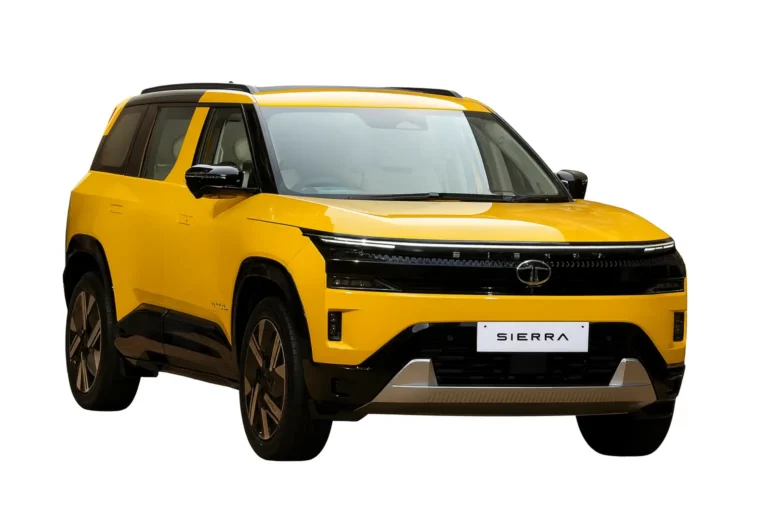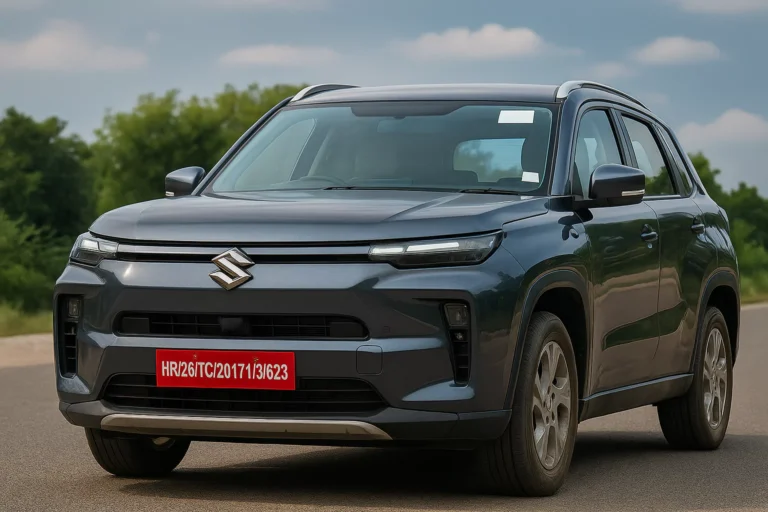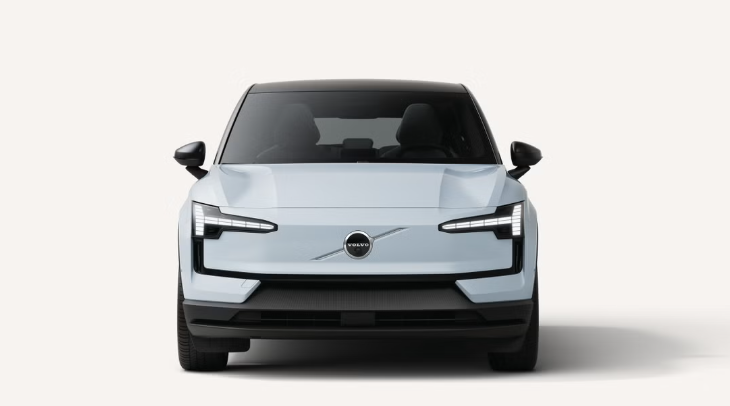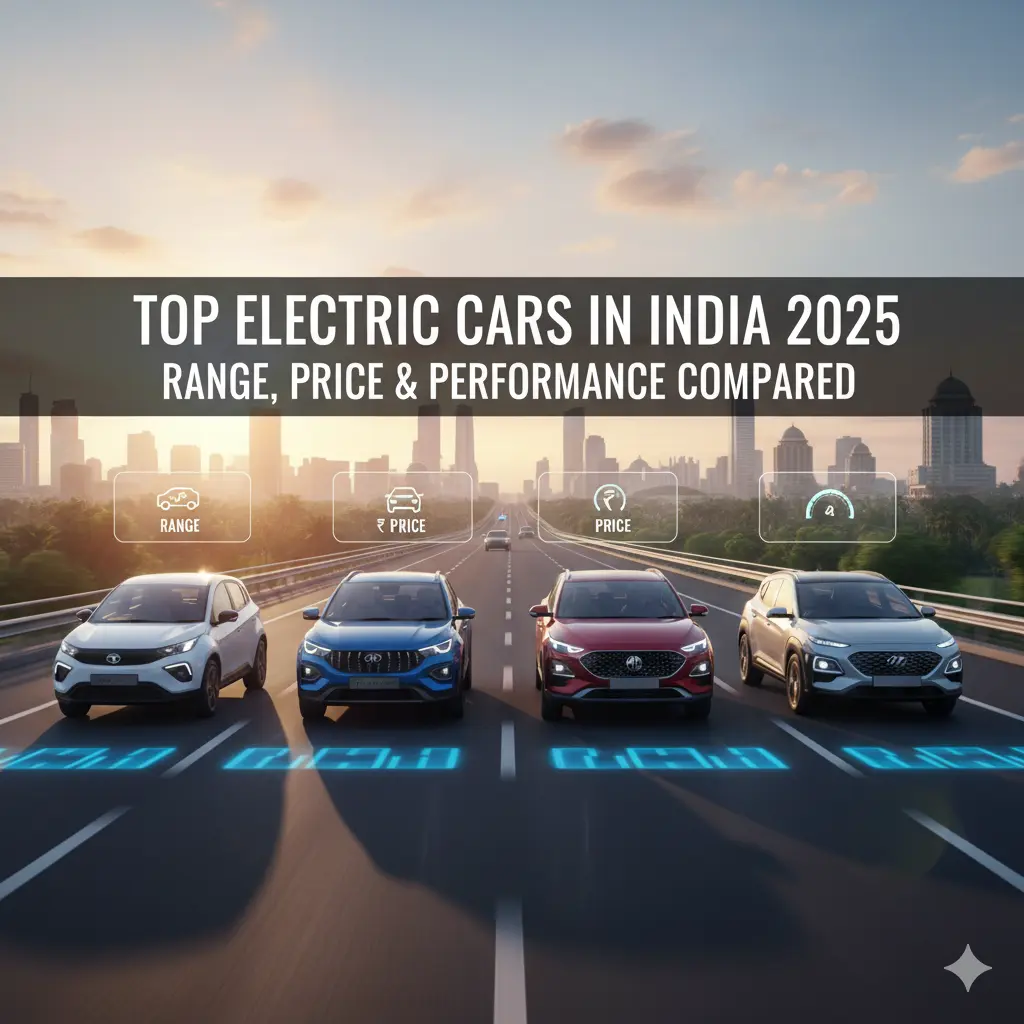
The electric vehicle (EV) revolution is really taking off, and India is right in the thick of it. With more people becoming aware of environmental issues, fuel prices on the rise, and the government stepping up its support, a growing number of Indians are thinking about making the switch to electric. The market is changing quickly, and 2025 is set to be a game-changing year for electric cars in India, with a broader selection of options that promise better range, competitive pricing, and thrilling performance.
If you’re planning to buy an electric cars in India by 2025, get ready to be overwhelmed with choices. Whether you need a compact city car or a roomy family SUV, there’s an EV out there to fit just about every need and budget. But with so many options available, how do you choose the right one? This blog is here to help you navigate your decision by comparing some of the leading electric cars expected to make waves in the Indian market in 2025, focusing on their range, price, and performance.
Key Factors to Consider When Buying an EV
Before we jump into the specific models, let’s take a moment to highlight some key factors you should keep in mind
Range: This is probably the most critical aspect for many buyers. How far can the car go on a single charge? A higher range helps ease “range anxiety” – that nagging worry about running out of power before you find a charging station.
Price: Electric vehicles (EVs) still tend to be more expensive than their petrol or diesel counterparts, but the price gap is narrowing. Be sure to consider both the ex-showroom price and any potential government incentives.
Performance: Think about acceleration, top speed, and the overall driving experience. EVs are famous for their instant torque, which makes for a fun and zippy ride.
Charging Infrastructure: While it’s getting better, the availability of charging stations can still vary quite a bit. Consider how you plan to charge your vehicle – at home, at work, or at public stations.
Features and Technology: Today’s EVs are loaded with cutting-edge infotainment systems, safety features, and driver-assistance technologies.
Running Costs: One of the big perks of EVs is their significantly lower running costs, thanks to cheaper electricity compared to fuel and less maintenance.
Now, let’s take a look at some of the top contenders for 2025!
The Contenders: Top Electric Cars in India 2025
1. Tata Nexon
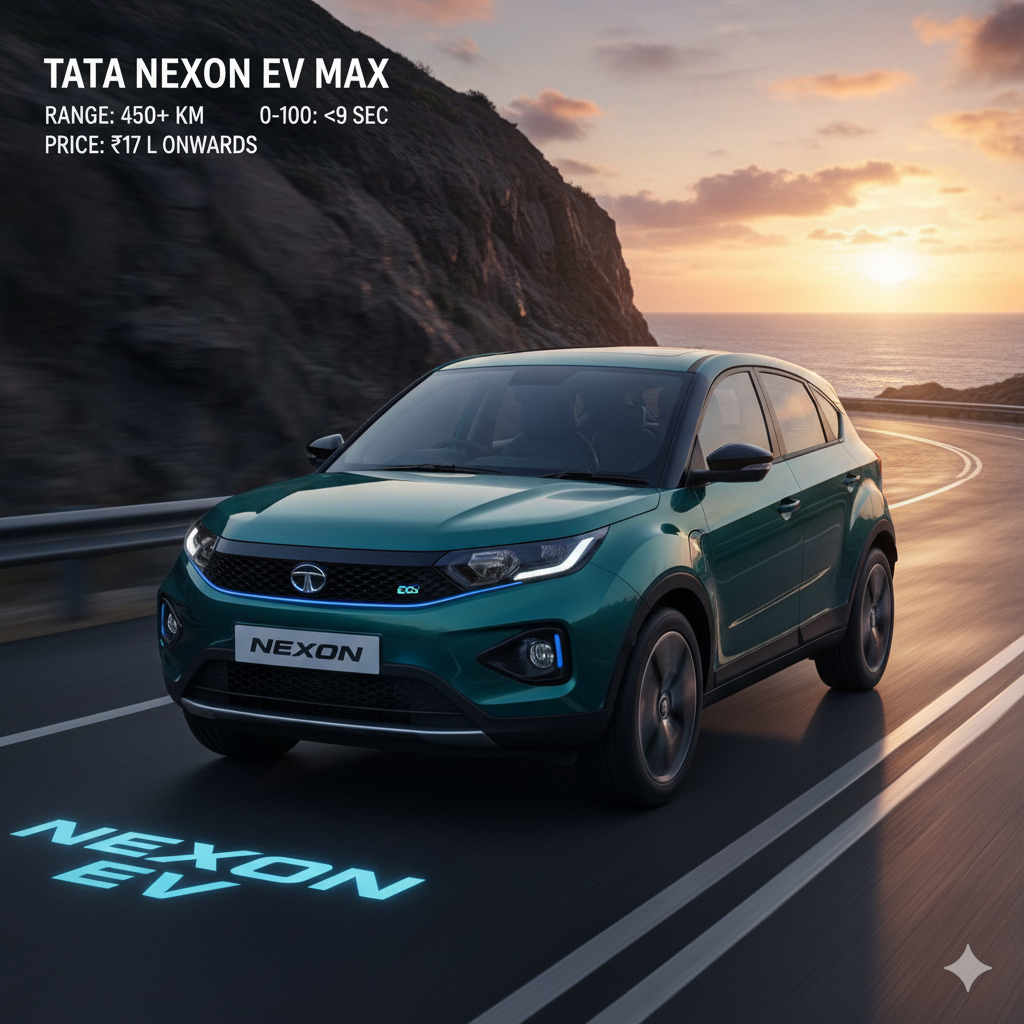
EV Max (and the exciting upgrades on the horizon) The Tata Nexon EV has truly taken off, playing a pivotal role in launching the mass-market EV scene in India. By 2025, we’re expecting the Nexon EV Max, along with its updated versions, to keep leading the pack. Tata’s keen insight into the Indian market and their smart pricing strategy will ensure it remains a favorite.
Range: The current Nexon EV Max boasts an ARAI-certified range of about 437 km. By 2025, we can look forward to some minor enhancements, possibly nudging the range closer to 450-470 km, thanks to advancements in battery technology. This makes it a great option for both city driving and longer trips.
Price: Right now, the Nexon EV Max kicks off at around ₹16.49 lakh (ex-showroom). By 2025, we might see some price adjustments due to inflation and new tech, but Tata is likely to keep it competitive, probably landing in the ₹17-20 lakh range for the top models.
Performance: With 143 PS of power and 250 Nm of torque, it delivers quick acceleration (0-100 km/h in under 9 seconds). This means a lively and enjoyable driving experience, ideal for weaving through city traffic and cruising on the highways.
2. Mahindra XUV400
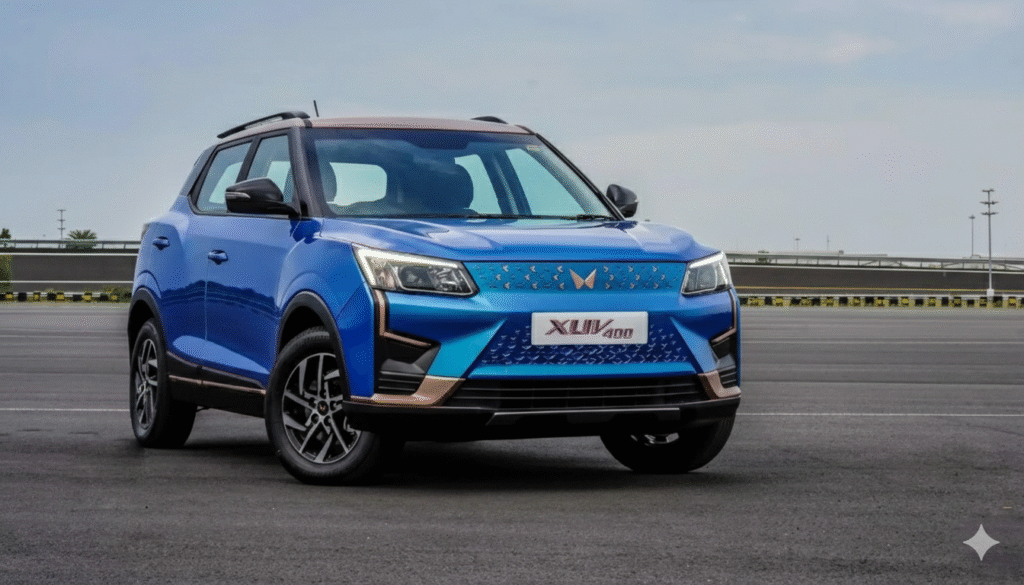
Mahindra’s foray into the long-range EV market with the XUV400 is a noteworthy move. Built on the popular XUV300 platform, it’s designed to go head-to-head with the Nexon EV, providing a strong alternative.
Range: The XUV400 offers two battery options, with ARAI-certified ranges of 375 km and 456 km. The larger battery variant is likely to be a major draw for those looking for longer journeys. We can expect these numbers to hold up well by 2025, with possible software tweaks to enhance real-world range.
Price: Starting at around ₹15.49 lakh (ex-showroom), the XUV400 is very competitively priced. By 2025, we might see a slight bump in prices, but it should still be an appealing choice in the ₹16-19 lakh range.
3. MG ZS EV
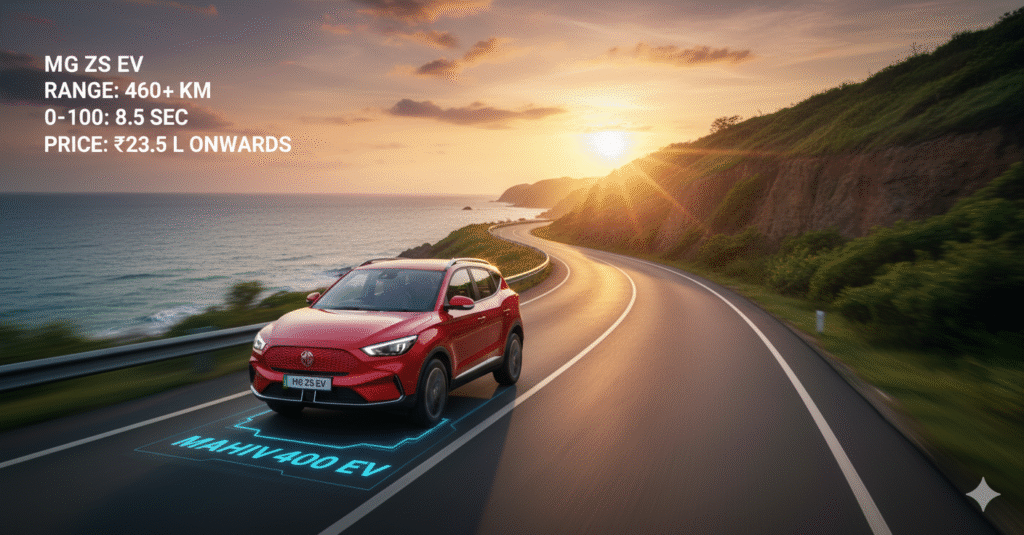
The MG ZS EV stands out as a premium choice in the Indian market, celebrated for its impressive features, sturdy build, and remarkable range. MG is consistently enhancing this model, and the 2025 version is expected to be even more polished.
Range: The current ZS EV boasts a solid ARAI-certified range of 461 km thanks to its 50.3 kWh battery. By 2025, we can anticipate this range to either remain a strong benchmark or see a slight increase, ensuring it continues to shine in long-distance travel.
Price: The ZS EV kicks off at around ₹22.88 lakh (ex-showroom). It sits a bit above the offerings from Tata and Mahindra. By 2025, it could fall within the ₹23-26 lakh range, which would be justified by its premium features and larger dimensions.
Performance: With 177 PS of power and 280 Nm of torque, the ZS EV delivers a robust performance, allowing for quick acceleration (0-100 km/h in just 8.5 seconds) and a smooth, enjoyable driving experience.
4. Hyundai Kona Electric
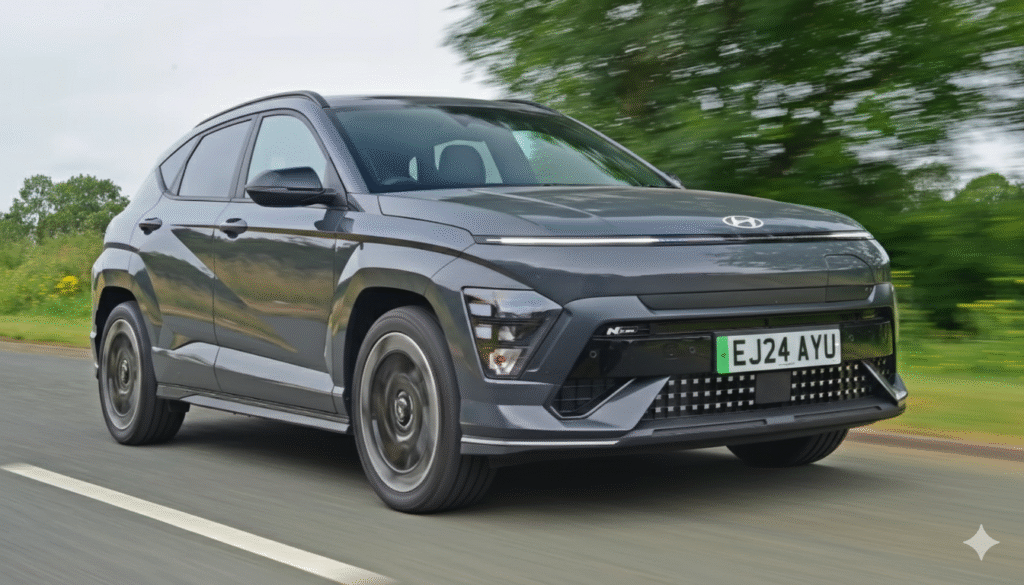
Hyundai made its mark early in the premium EV segment in India with the Kona Electric. It’s a well-rounded option, providing a good range and features all wrapped up in a compact SUV design.
Range: The Kona Electric currently offers an ARAI-certified range of 452 km. Given Hyundai’s global EV strategy, we can expect the 2025 model to either maintain or slightly enhance this range, keeping it competitive for those longer trips.
Price: Starting at around ₹23.84 lakh (ex-showroom), the Kona Electric fits into the premium compact EV category. Its price in 2025 will likely hover around ₹24-27 lakh, reflecting its advanced features and international appeal.
Performance: With 136 PS of power and 395 Nm of torque, it delivers impressive acceleration (0-100 km/h in 9.7 seconds) and a responsive driving experience, particularly suited for city driving.
5. Upcoming Entrants & Mid-Range Options
Looking ahead, 2025 is shaping up to be an exciting year for electric vehicles, with several newcomers ready to make their mark.
Maruti Suzuki’s First EV: As India’s largest car manufacturer, Maruti Suzuki is gearing up to unveil its first mass-market electric vehicle by 2025, likely in the form of an SUV or crossover. With Maruti’s commitment to affordability and a vast service network, this launch could really shake things up in the market.
Range, Price, Performance: While these details are still under wraps, we can anticipate a competitive range of around 350-400 km, aggressive pricing between ₹12-18 lakh, and performance that’s just right for family needs.
Citroen eC3 (and potential long-range variant): The eC3 is a great entry point into the EV world. Although its current range is modest, a long-range version expected by 2025 could really elevate its status.
Range: The current eC3 offers about 320 km, but a long-range model could stretch that to 380-400 km.
Price: The existing eC3 starts at around ₹11.50 lakh, while a long-range variant might fall in the ₹13-15 lakh bracket.
Performance: It’s decent for city driving, likely around 57 PS.
6. Premium Segment & Luxury EVs
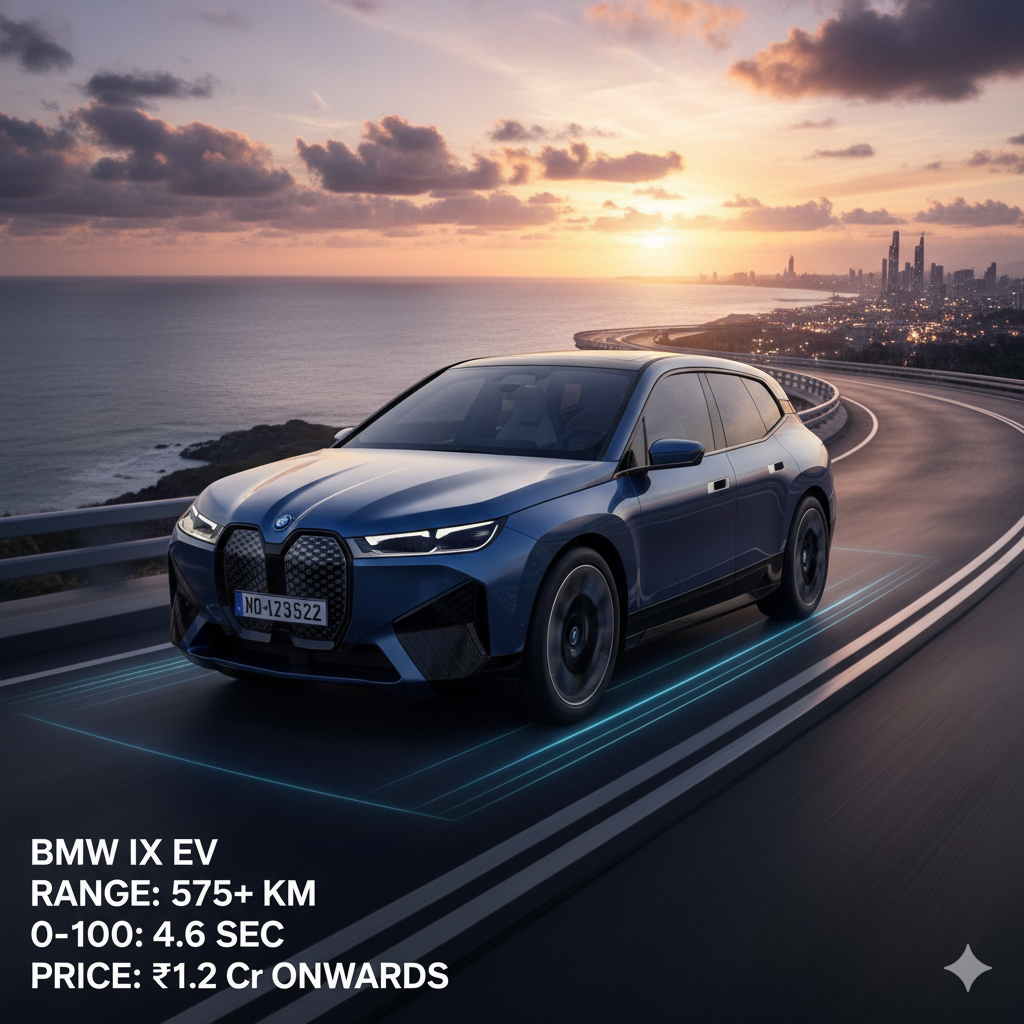
For those looking to splurge a bit, the premium segment is also set to welcome some thrilling new options and updates:
Kia EV6: Already on the market, the EV6 will receive updates to keep it leading the pack in the premium long-range category. Expect some minor enhancements in battery and technology.
Range: Over 700 km (ARAI certified). Price: Starting above ₹60 lakh.
Hyundai IONIQ 5: The IONIQ 5 will continue to impress with its cutting-edge design and tech features.
Range: Over 630 km (ARAI certified). Price: Starting above ₹45 lakh.
BMW iX, Mercedes-Benz EQE/EQS, Audi e-tron: These luxury models will keep attracting high-end buyers, with some minor updates and software tweaks to keep them fresh.
The Future is Electric
By 2025, the electric vehicle scene in India is set to really take off, offering a wider range of options for every budget. With better charging stations, falling battery prices, and more people becoming aware of the benefits, we can expect to see a surge in EV adoption.
When you’re choosing your electric car, think about your daily driving habits, how easily you can charge it, and what fits your budget. Whether you’re looking for an impressive range, exhilarating performance, or something that won’t break the bank, there will definitely be an electric cars in india that’s just right for you in India by 2025. Making the switch to electric isn’t just about saving a few bucks or being eco-friendly; it’s about enjoying a smarter, quieter, and more thrilling driving experience.

